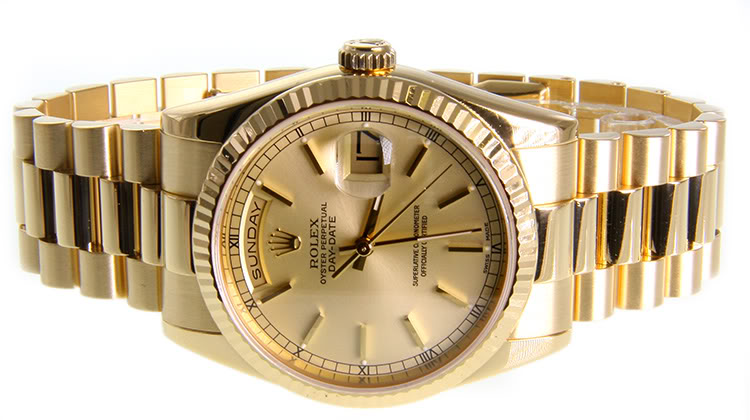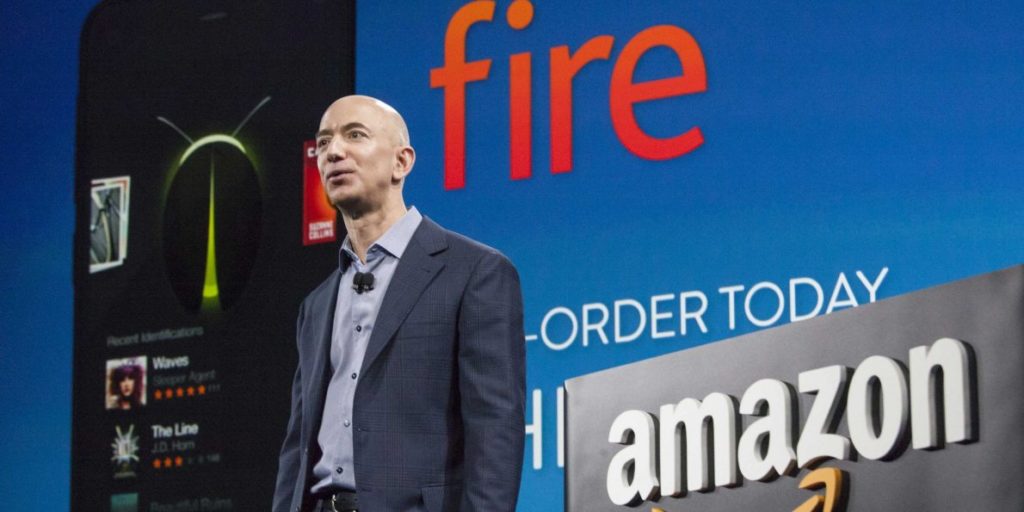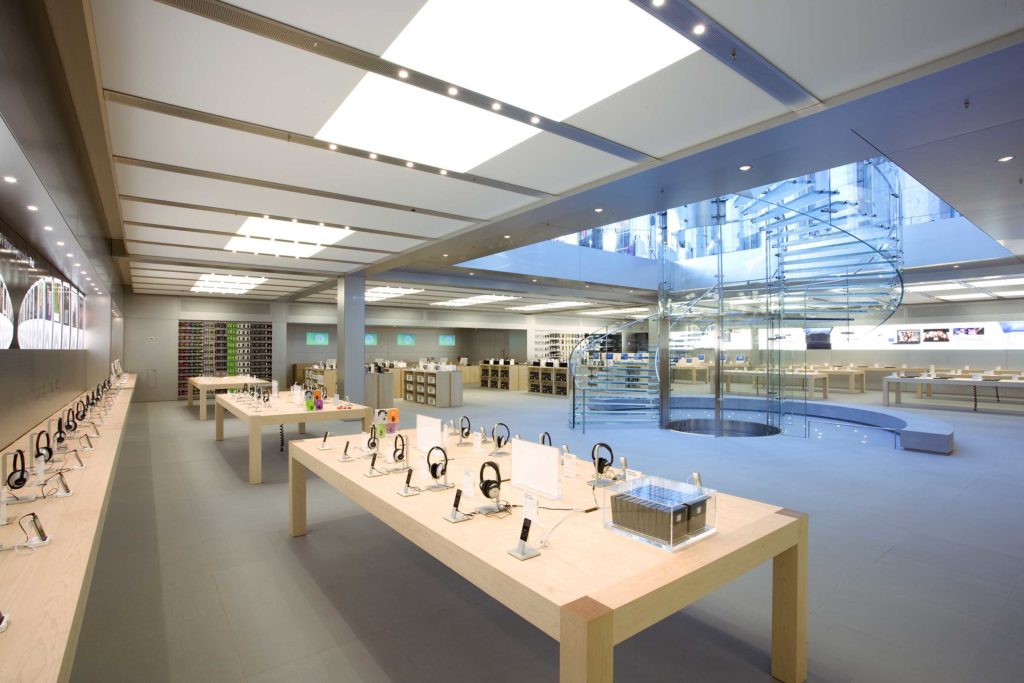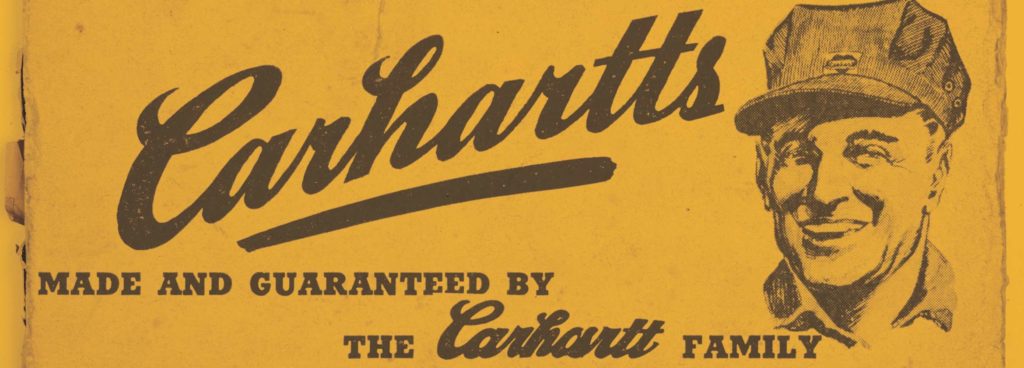Marketing Guides
Strategic Planning
Crafting Your Brand Personality
 Your brand is more than just your logo and color palette; your brand is an experience that communicates the essence of what you represent. And like people, each great brand has a personality – your brand personality traits. It’s one of the many elements of your brand architecture.
Your brand is more than just your logo and color palette; your brand is an experience that communicates the essence of what you represent. And like people, each great brand has a personality – your brand personality traits. It’s one of the many elements of your brand architecture.
Your brand’s personality and voice are what allow your business to make a personal connection with your audience. Just as people have values, goals, beliefs (and even flaws), so do organizations.
If your brand was a person, how would describe him or her?
Would your brand be a man or a woman? Young or old? Friendly or edgy? Smart or funny?
When you’re developing your brand strategy, identifying human personality traits can help crystallize the experience you want to deliver. Human personality traits are a powerful element that can help you win the mindshare you want to own (to be known for that certain something). People want to see the humanity within a business.
You’ll also be able to use your brand personality traits as a check-and-balance mechanism for your campaign creative and messaging. And, if you conduct a brand audit and find that your brand personality traits aren’t what you’re hoping for, you have an opportunity to change them.
Identifying Your Brand Personality Traits
There’s been a lot of great research on dimensions of brand personality. If you want to dive deep into this subject, we highly recommend reading this paper – “Dimensions of Brand Personality” – by Jennifer L. Aaker of Stanford. Even though it was published in 1997, it contains an excellent discussion of well-known brands and their human personalities.
Many business leaders struggle to come up with their brand personality traits. Understanding the five key dimensions of brand personality always helps.
Brand Personality Trait #1 – Competence
Rolex is a brand that scores high on competence. The brand is known for producing the world’s finest watches.

Brand Personality Trait #2 – Sincerity
Amazon is one of the world’s most trusted brands. It’s very sincere, supported by industry-changing shipping and return policies and exceptional product accessibility. CEO Jeff Bezos is extremely customer-focused, telling the customer exactly what to expect when interacting with Amazon and backing it up. Some Amazon suppliers don’t like it, but he has built Amazon into one of the world’s most trusted and sincere brands. While Amazon continues to break new ground, not all products are successful; Bezos is unafraid of failure, which helps make it more human.
Brand Personality Trait #3 – Sophistication
Even though Apple is a technology company, its brand is very sophisticated. Upon Steve Jobs’ return in the late 1990s, the company placed a heavy emphasis on design for its hardware, software and retail stores. Apple products are elegant, as is its packaging, software and marketing.
Brand Personality Trait #4 – Excitement
Virgin is an example of an exciting brand. It’s much like its creator, Richard Branson, and it’s differentiated through its unusual name, bold colors, innovating marketing and unique advertising.
Brand Personality Trait #5 – Toughness
Carhartt has been protecting the hardworking men and women of the United States since 1889. Their work boots, jackets and pants shield people from extremely cold temperatures, fire and water. The brand has been known for its toughness for over a century.
Do any of these five dimensions of brand personality directly apply to your brand? You may wish to bring your team together and write down all of the adjectives that they might use to describe your brand. If possible, limit each trait to one word: for example, “knowledgeable,” “fun,” “visionary,” “friendly,” or “creative.” Write down everything that is said.
Finalizing Your Brand Personality Traits
After you’ve finished your brainstorming session, organize the adjectives into similar groupings on a fresh sheet of paper. You’re seeking the most common groupings and the most accurate descriptions.
Discuss each grouping with your team and select the five that best describe your brand. Then select the best adjectives from each group.
Good work! But you’re not done yet. This is only your internal view of your brand. What does your market think? Before you decide on your final brand personality traits, you should survey your market to see what others think – it’s often surprisingly different from what your internal team perceives.
Use SurveyMonkey or Typeform if you don’t already have a survey tool in place. Here are written step-by-step instructions for conducting a brand audit.
If your results don’t match your desired brand personality, then update your brand strategy to better represent them.
***
This is an example of content contained in Module 4 – Brand Architecture of our comprehensive brand strategy toolkit. This module is about defining the elements of your brand that shape your brand experience.